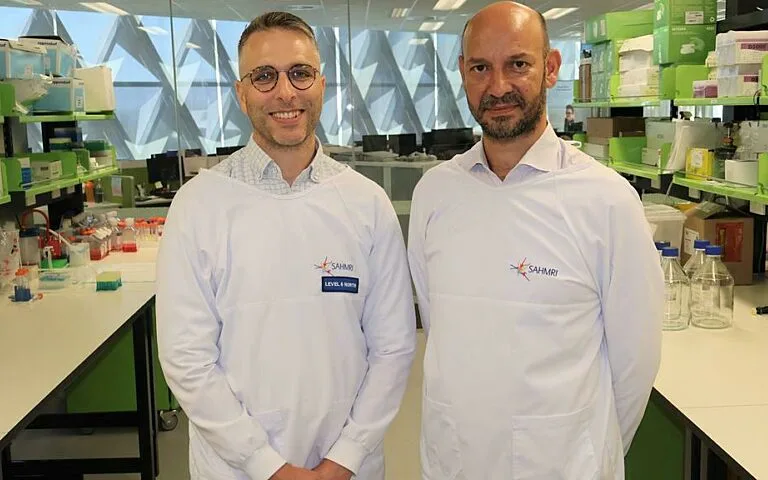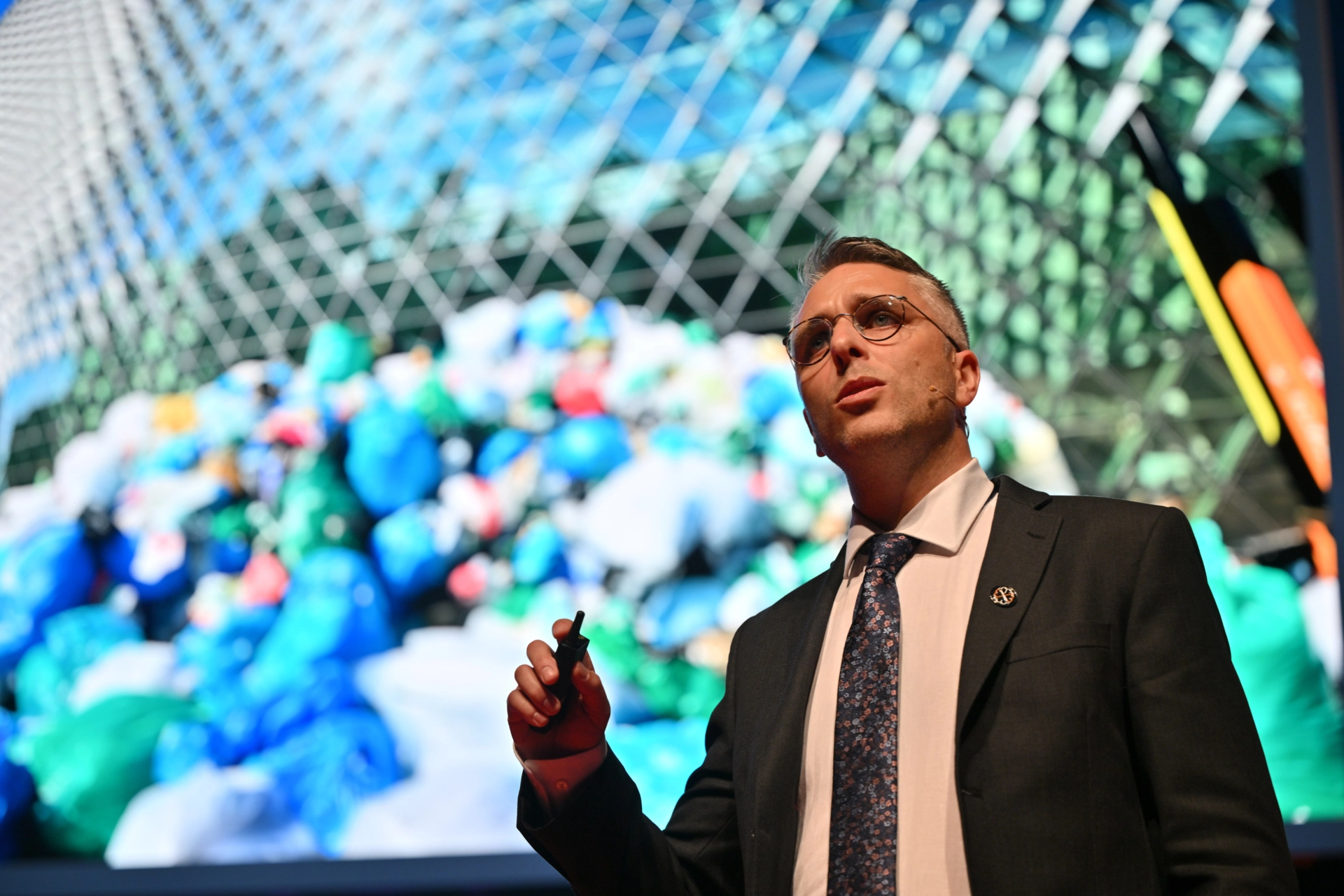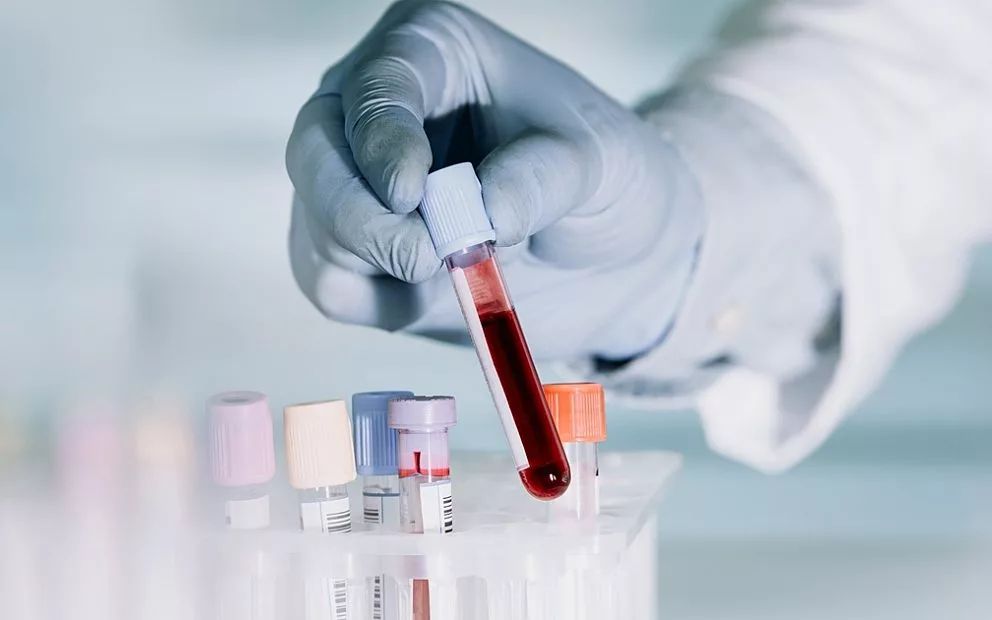The latest autophagy research from SAHMRI’s Lysosomal Health in Ageing program has found eating a high-protein meal doesn’t immediately decrease the body’s natural cellular recycling process, contradicting a long history of preclinical results.
The study, recently published in JCI Insight, led by Associate Professor Tim Sargeant and Dr Sanjna Singh, measured autophagic activity in blood cells of 42 healthy adults after fasting overnight and again one hour after consuming a high-protein meal.
They found that while blood amino acid and insulin levels rose as expected after eating, there was no detectable change in autophagic flux.
“This was a surprising result because based on decades of preclinical studies, we expected to see autophagy shift once nutrients became available,” A/Prof Sargeant said.
“It shows we can’t simply assume what happens in cells or animal models will translate directly into people. To understand how processes like autophagy really work in humans, we need to measure them directly.”
The study also uncovered sex differences, with women showing higher baseline levels of autophagic activity than men.
While the findings far from rule out nutritional effects on autophagy in humans, they suggest enacting measurable changes would likely require more significant interventions than just a single meal after an overnight fast.
“If we can learn how to safely and effectively modulate autophagy in people, we could help delay the onset of age-related diseases such as dementia and cardiovascular disease,” A/Prof Sargeant said.
“That’s the promise of geroscience, slowing biological ageing to extend health span.”
The research team is now planning further studies tracking autophagy at multiple timepoints after different dietary interventions and further improvements on measurement technology.





